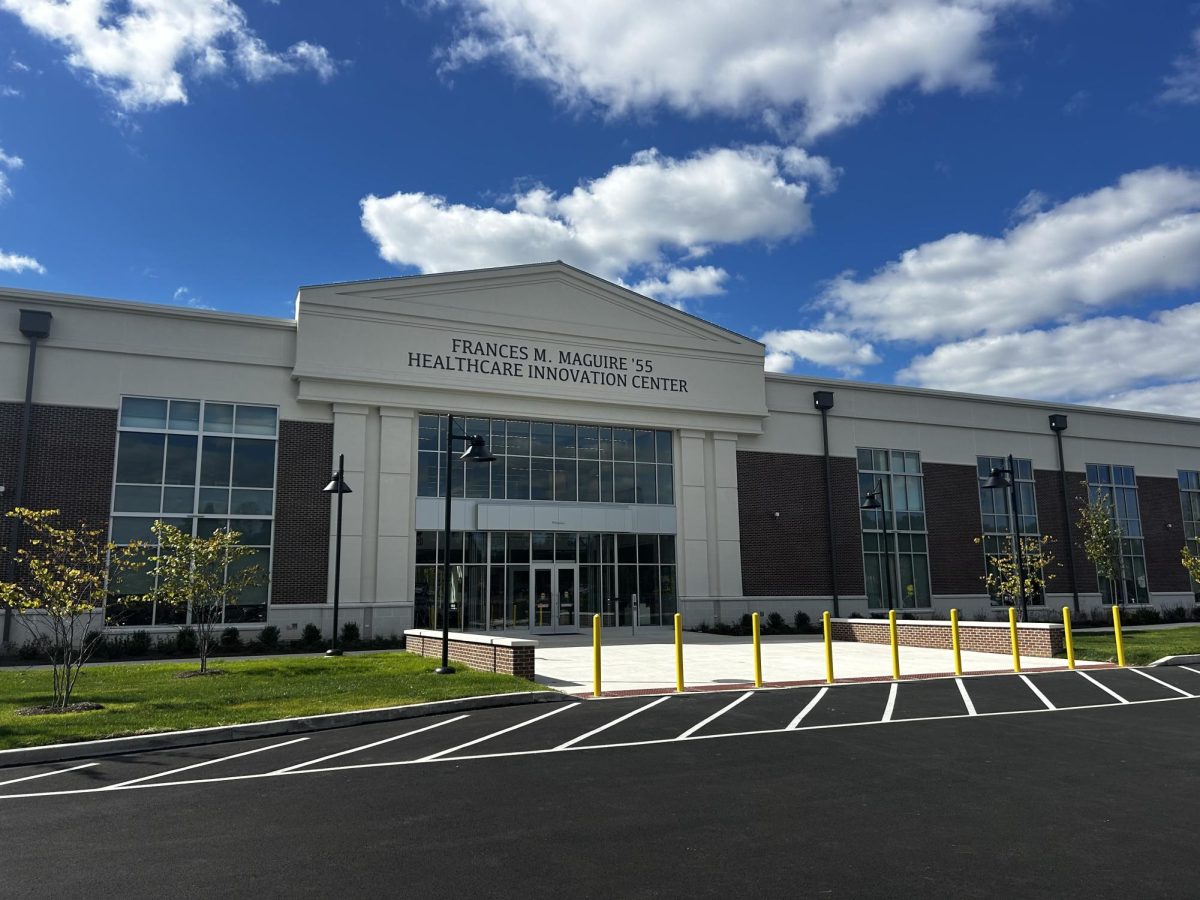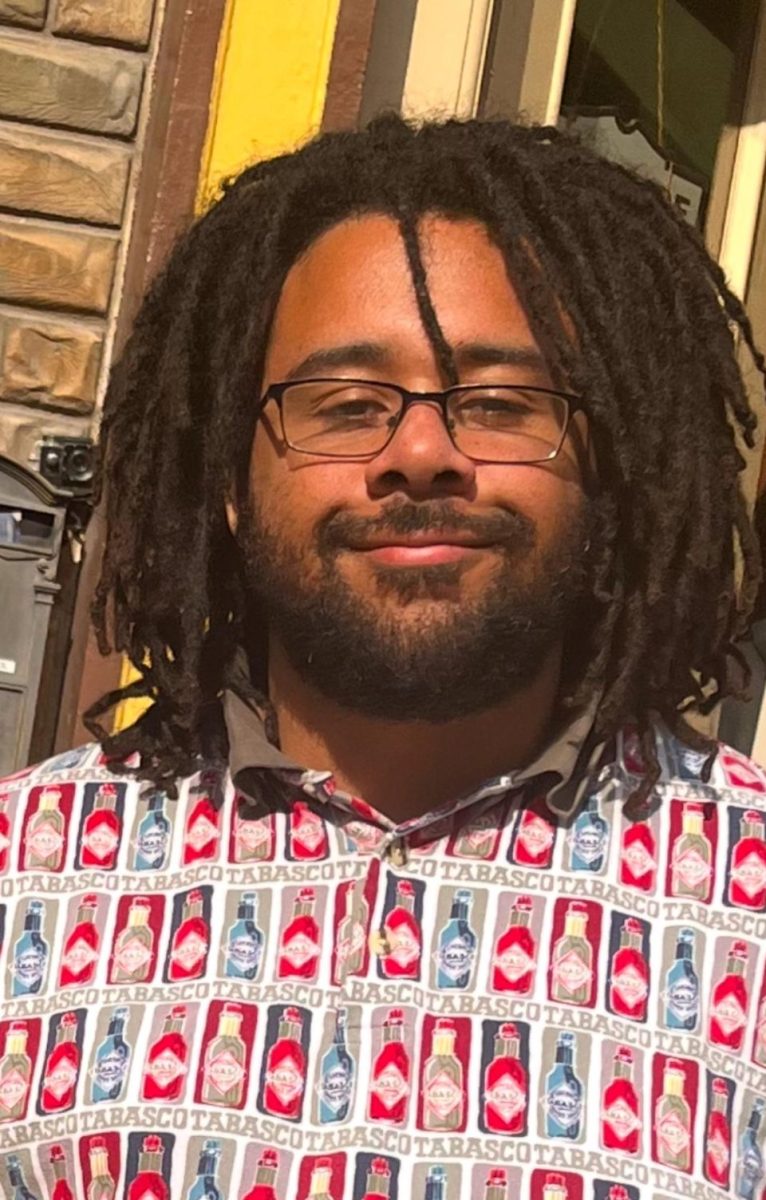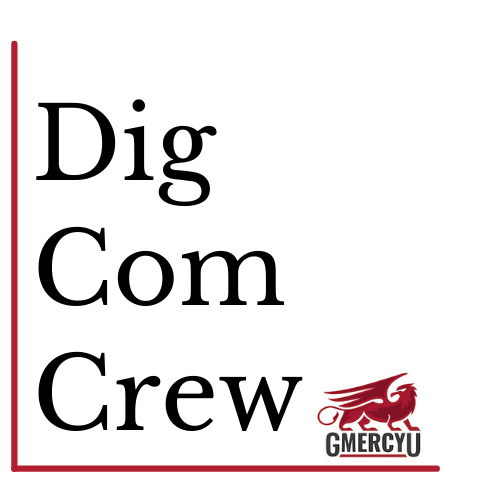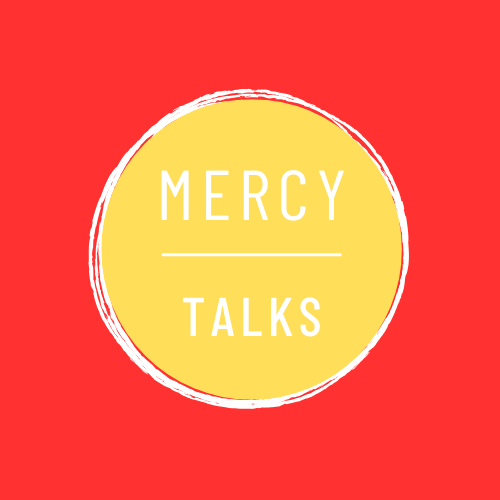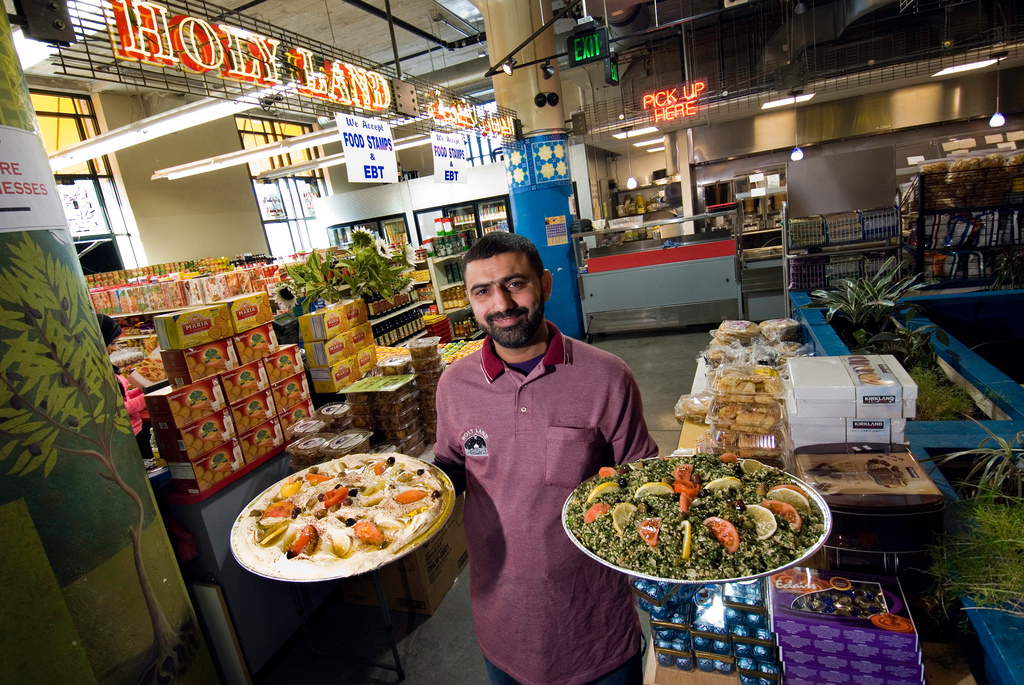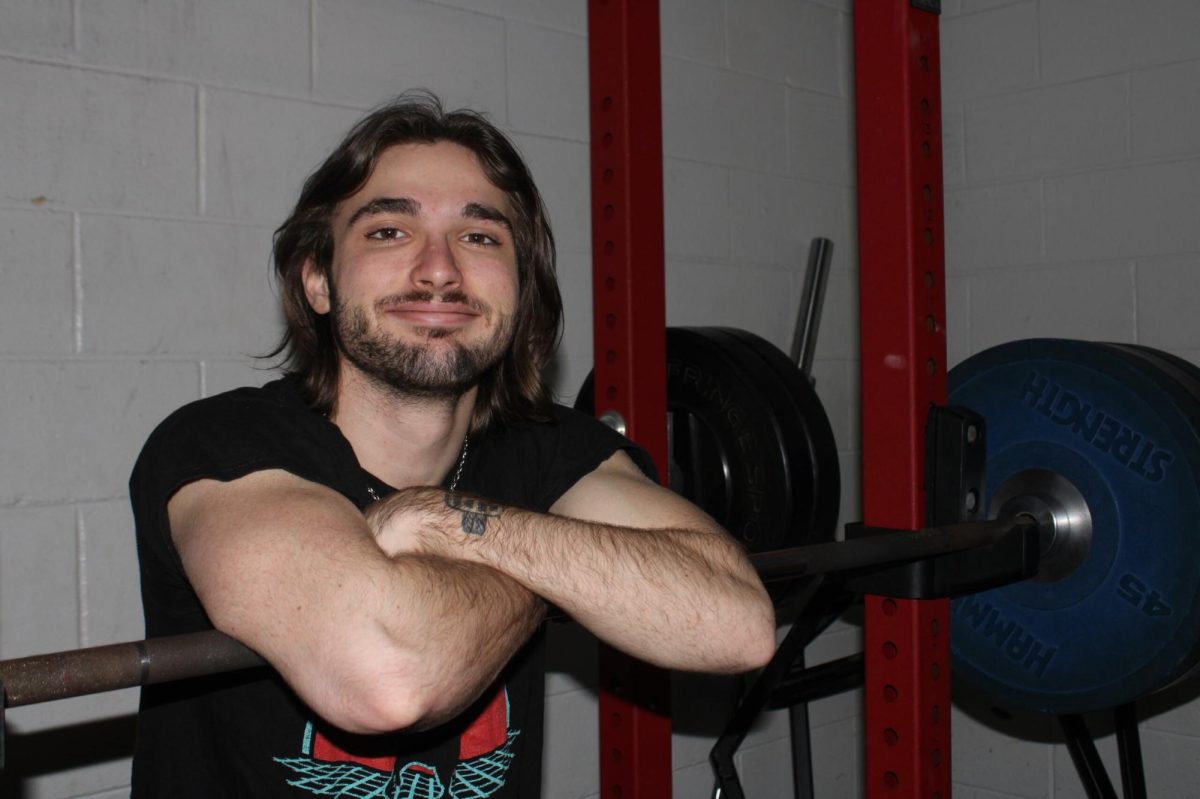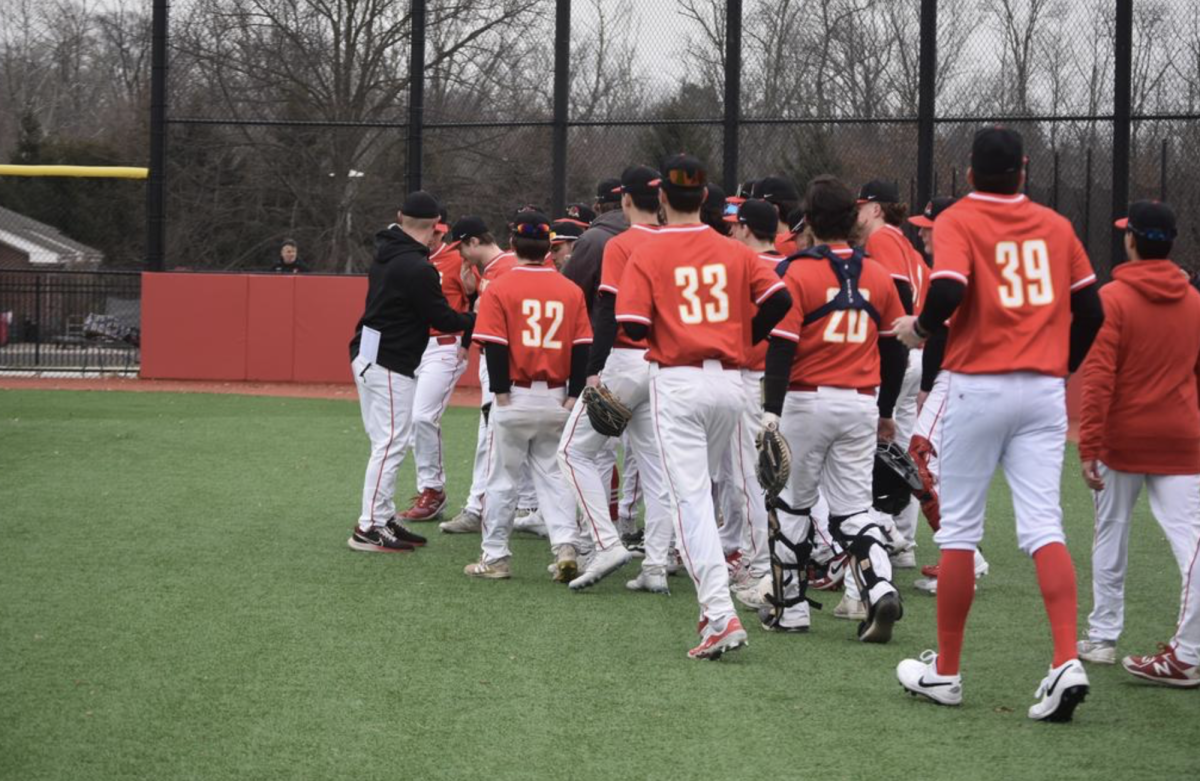How everything came to life
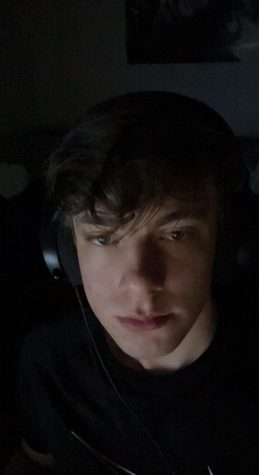
I chose non-violence on campus. I knew that my topic was going to be hard, but I chose it anyway because I wanted the challenge. Knowing that we had interviews ahead of us, I quickly did some research and reached out to reliable sources to interview. Even though we had blogs we had to write first, I wanted to establish a connection with my sources beforehand so I could have the opportunity to interview them whenever. This is how it all came to life.
The challenges of blogs
I’m not the best writer; I have a lot of flaws when it comes to that, but my strong suit would be in interviews. Nonetheless, I knew I still had to write some pretty solid blogs. My first challenge was figuring out the topic. I knew I had to do it on non-violence on campus, but what stories are really out there promoting non-violence? So then I decided to work my way around it and came up with talking about how local colleges like Temple University protect their students. I found some articles about how they run their safety team, etc., followed by researching other colleges/universities outside of the state, such as Auburn University. Focusing on multiple colleges rather than just one helped me a lot when writing my blog because it gave me a better understanding of how colleges overall run their safety precautions. Even though it gave me more work and reading, it still made me appreciate on producing good writing and storytelling. Another challenge I faced when writing was talking about generalities; I’m not very good at getting the absolute specifics in my writing, which is crucial to really understanding the story. I feel like I have improved slightly, but I still need work.
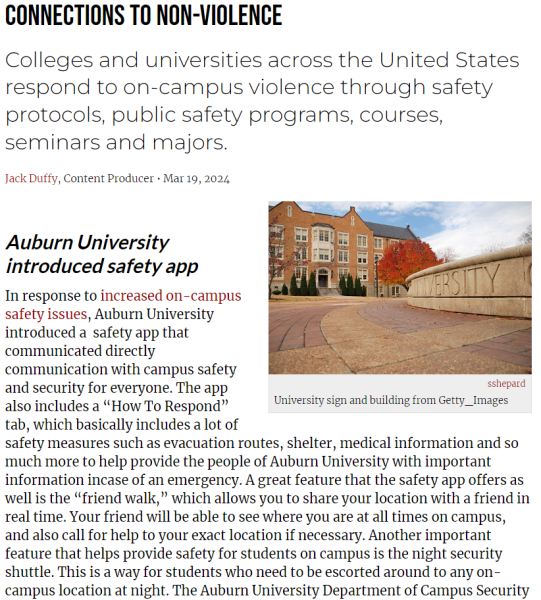
Interviews & Relationship Building
From the first day of the course, we knew we had to establish relationships with our interviewees. My first-ever interview this semester was with Dr. Michael Clinton, a History Professor here at Gwynedd Mercy University. He has a record of being interviewed by other Dig Com students, so this relationship was built on previous experience. My second interview was with Dr. Maria Hess from Wilmington University. I actually came in contact with her through my father, who also works at Wilmington University. I had never spoken to her before this interview. Still, suppose I had never taken this class. In that case, I don’t think I’d ever get connected with the Director of Communications at Wilmington University, which will also help me in the future, considering that she also graduated in communications. She gave me fantastic advice after the interview about life and my future. Last but not least, Dr. Martin Favio. I found out about Dr. Favio through Arcadia’s website. I sent him an email, and he reached back out to me about being interviewed. This was a cold call; considering I had no prior interactions with him before the email, this helped me develop my cold call skills.
Rough Cut to Final Cut Process
Before finishing each of our pieces, we all collectively come into the classroom together and share our rough edits. Rough edits are usually brief edits of our three mini-stories put together. So, we come into the classroom each time we have class and share what we currently have; we then give ideas on what to improve on, for example, if the audio is too loud if we need to shorten the video, touch it up, etc. Then, after we had all put constructive criticism into each of our classmates’ rough drafts, we worked on that criticism and made it the final draft. This is what a final draft looks like.
Concluding Thoughts
This class definitely sets you up for your professional career and makes you put everything you’ve learned from the four years you’ve been doing Dig Com into one semester. From video production, podcasts, and mobile content creation. You take everything you learn, and you’re really put to the test to see if you’ve been paying attention and can use all the skills you’ve learned throughout the year into one. Another essential thing in this class was that if you didn’t have a LinkedIn profile, you were instructed to create one and do tasks that were graded, so it helped your grade and your future. I can honestly say that even though this semester was rough, It was a great learning experience nonetheless.

